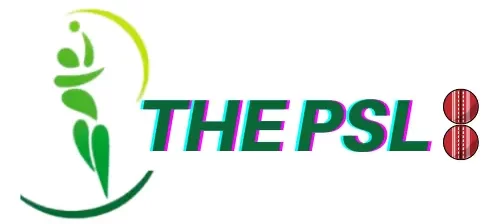In an era where personalization and customization are paramount, traditional education models are evolving to accommodate the diverse needs and aspirations of students. The rise of custom degrees marks a significant shift in the làm bằng đại học education landscape, providing individuals with the opportunity to tailor their learning experiences to align with their unique goals and interests.
Custom degrees represent a departure from the one-size-fits-all approach that has dominated education for centuries. Instead of following a predefined curriculum, students now have the flexibility to design their educational paths. This shift is driven by the recognition that every individual possesses a distinct set of skills, passions, and career objectives that cannot be adequately addressed by a standardized curriculum.
One of the key advantages of custom degrees is the ability to combine disciplines that may not traditionally be associated with each other. For example, a student with an interest in both computer science and psychology can create a custom degree program that integrates courses from both fields. This interdisciplinary approach fosters a holistic understanding of complex issues and encourages innovative problem-solving – skills increasingly valued in today’s dynamic job market.
The advent of technology has played a crucial role in facilitating custom degrees. Online learning platforms, virtual classrooms, and digital resources enable students to access a vast array of courses from different disciplines and institutions. This accessibility empowers individuals to curate their educational experiences, breaking down geographical barriers and providing a wealth of learning opportunities at their fingertips.
Moreover, custom degrees are well-suited to address the rapid changes in the job market. As industries evolve and new professions emerge, the ability to adapt and acquire relevant skills becomes paramount. Customized education allows students to stay ahead of the curve by tailoring their studies to match the demands of the current job market. This adaptability is especially crucial in fields such as technology, where the pace of innovation is relentless.
The traditional notion of a linear educational journey – progressing seamlessly from high school to college and then to a specific career – is being replaced by a more dynamic and fluid approach. Custom degrees recognize that learning is a lifelong process and that individuals may choose to pursue education at various stages of their lives. This flexibility accommodates diverse life experiences, ensuring that education remains accessible and relevant to individuals at different points in their personal and professional journeys.
Critics of custom degrees may argue that a structured curriculum provides a well-rounded education, exposing students to a broad range of subjects. However, proponents counter that custom degrees can also achieve this by encouraging students to explore diverse disciplines, albeit in a more personalized and intentional manner. Custom degrees promote critical thinking and self-directed learning, skills that are increasingly recognized as essential in today’s knowledge-based economy.
Institutions of higher education are responding to the demand for custom degrees by offering more flexible program structures and encouraging students to take an active role in shaping their educational paths. Academic advisors are becoming guides in this journey, assisting students in navigating the plethora of available courses and ensuring that their custom degrees meet academic standards.
The rise of custom degrees reflects a broader societal shift towards individual empowerment and the recognition of diverse talents and skills. As the education landscape continues to evolve, custom degrees provide a pathway for individuals to pursue their passions, adapt to changing career landscapes, and embrace a lifelong commitment to learning. By tailoring education to individual needs, custom degrees are not just a trend but a transformative force in shaping the future of education.
